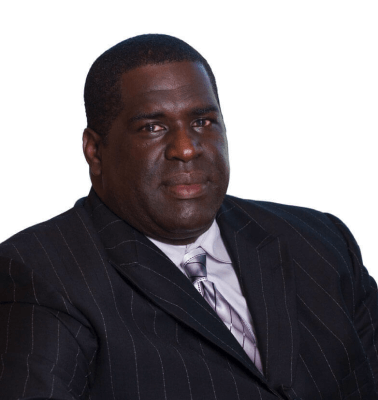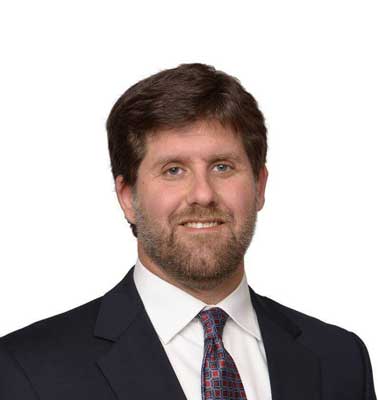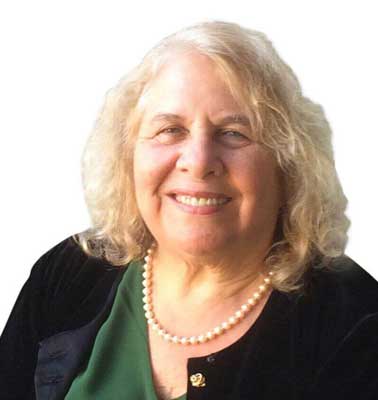Establishing an early lead and holding it to the end of the trial
A strong opening statement can give the defense an early advantage in a drunk driving trial
Experienced DUI defense attorneys know that a strong opening statement can give you an early lead over the prosecution in your drunk driving trial. Opening statements are supposed to allow the attorneys for both sides to state, objectively and nonargumentatively, what evidence they will present. The drunk driving defendant’s opening statement must do more than that, however, if it is going to make a strong, positive first impression. Experienced DUI defense attorneys rely on these four guidelines to craft persuasive opening statements:
1. Tell an engaging story
Average criminal trial attorneys make opening statements that simply narrate what the evidence will be or show. This adds nothing to the case. Great DUI criminal trial attorneys, on the other hand, do something different; they tell a story and engage the jurors immediately, persuading them that this is a case they will want to pay attention to.
Here is an example of an engaging opening statement in a DUI case in which the defendant, a priest, performed poorly on field sobriety tests and also refused to submit to a breath test:
Ladies and Gentlemen, there is a game being played and there are teams being chosen. All the good athletes, the good game players, are chosen first. Then, in descending order, best to worst, the other team members are selected. There is always the last one chosen, the worst athlete, the most uncoordinated one. That last person chosen, that last and worst, and most uncoordinated of all, sits before you today, charged with driving under the influence of alcohol. He is my client. He is an uncoordinated person – intimidated, absolutely terrified of physical tests, of anything that requires physical skill and coordination. He was given coordination tests, what the police call “field sobriety tests.” You will see and hear how he performed. I will tell you now that he performed not poorly, but horribly, just as he has done on every physical or coordination test he has ever been given. He is the last and worst athlete, the boy who never learned to ride a bike, the man who only passed his driving test on the fourth try.
My client is also a priest. He has a congregation. He has his parishioners. They are his life, and the priesthood is his vocation. You will hear that my client was offered the opportunity to take a breath test on a Breathalyzer machine. He refused to take it. He will admit that he refused to take it, and he will tell you why. He refused not because he believed that he was guilty of any offense, or because he was drunk or intoxicated. He refused because he feared the possibility of failing. He was terrified of the possibility that the breath test machine would register a failing grade. That possibility was something he could not bear, but that possibility – his fear – is all the State has. It does not have a chemical breath test result, so it will be for you to decide at the end of this case if that possibility – and my client’s fear – amount to proof beyond a reasonable doubt that he is guilty of the crime of driving under the influence of alcohol, as charged.
This opening statement is effective because it introduces the drunk driving defendant and brings him to life as a person; it lets the jury know there is more to his story than the bare facts of his poor performance on the field sobriety tests and refusal to take a breath test might suggest.
2. Express sincere concern for the person accused of drunk driving
If you are going to prevail in your DUI case, your attorney must be able to convey in the opening statement, and at every subsequent phase of the trial, that he believes in you and your case. This requires more than words. Your attorney cannot simply tell the jury his personal opinion of you and the evidence in your case. He can, however, with his body language, tone of voice, eye contact and facial expressions, or a supporting hand on your shoulder, convey sincerity and a caring interest in you and your case.
3. Establish credibility with the jury from the outset
Every experienced DUI criminal defense attorney knows that jurors begin to assess an attorney’s credibility from the first moment the attorney stands to address them. This is critical because as the jurors assess your attorney’s credibility, so too will they assess your credibility and the credibility of your witnesses and your evidence. If the jurors suspect that your DUI defense attorney is being deceitful or is lying to them, then everything associated with your case will be similarly tainted.
You DUI attorney can gain and maintain credibility with the jury by (1) treating everyone with respect; (2) always behaving in a professional manner; (3) always acting with the highest ethical standards; and (4) being humble, not arrogant. In opening statement, for example, your DUI attorney can establish credibility with the jury by being forthright and telling the jury both the good and the bad, the strengths and the weaknesses of your drunk driving case. Jurors will appreciate this directness and honesty. Jurors do not appreciate a ruthless, “anything to win” attitude. Therefore, your DUI attorney should avoid personal attacks on the prosecutor, as they only serve to make your attorney appear petty and unprofessional. If the prosecutor is not a “good guy,” then your attorney should let the prosecutor’s behavior speak for itself. By the end of the trial, jurors will be able to conclude, for themselves, who is the “good guy” and who is the “bad guy.”
4. Relate the DUI defense case to jurors’ experience and common sense
Before they begin their deliberations, jurors will receive instructions from the court. In most cases, however, the jurors won’t understand these instructions and will simply rely on their common sense to reach a verdict in your drinking and driving case. Jurors will try to adhere to broad concepts like the “presumption of innocence” and guilt “beyond a reasonable doubt,” but your DUI attorney has to make those concepts come alive and help the jurors to understand what they mean. One way to do this during opening statement is to relate the defense case to jurors’ life experiences. For example:
John Doe stands before you today charged with a crime – the crime of driving under the influence of alcohol. His accuser is a machine – a non-living, non-breathing, non-feeling machine. The machine is called a Breathalyzer. The prosecution will present that breath test machine’s results as evidence in this case, and that machine says that John Doe is guilty of the crime of driving under the influence of alcohol.
John Doe is not accused by a man or a woman, an adult or a child. There are no eyewitnesses. There are no human accusers at all who will come forward and point a finger towards John Doe, identifying him as the guilty one. None of that will happen in this case.
What will happen? A police officer will tell you that he came upon a one-vehicle accident where John Doe was behind the wheel of a vehicle and he was hurt. John Doe was transported to the police station, where he was asked to submit to a breath test and he agreed. He entered into the breath testing room, the realm of the machine, and the machine took his breath test sample and gave a result, saying he was guilty.
We will present evidence from a real person – an expert chemist and scientist with more than 35 years of experience – who will tell you that the Breathalyzer machine is flawed. It makes mistakes. Our expert witness will tell you that, in his opinion, the Breathalyzer machine made fatal mistakes in this DUI case. He will tell you that in his professional opinion, to a reasonable degree of scientific certainty, John Doe was not driving under the influence of alcohol.
In this case, you will be asked, ultimately, to believe either a machine or a man, a breath test machine or an educated, expert scientist. The choice will be yours.
Based on their experiences, jurors will not have a positive image of the DUI breath test. Common sense will tell them that our justice system should not allow a machine to determine guilt or innocence because that is the role and the responsibility of living, breathing human beings – the jurors.
Maintain the defense advantage throughout your DUI trial
If your DUI defense attorney follows the four guidelines described above, you can gain an early advantage over the prosecution in your drunk driving trial. Once gained, however, this advantage can be lost if your DUI attorney becomes careless or lazy. A careful and conscientious DUI defense attorney will follow through on the promises made to the jury during opening statement; he or she will develop a persuasive case theme and keep to it throughout the trial; and will craft a compelling closing argument to solidify and complete your defense to the charges of drunk driving.












